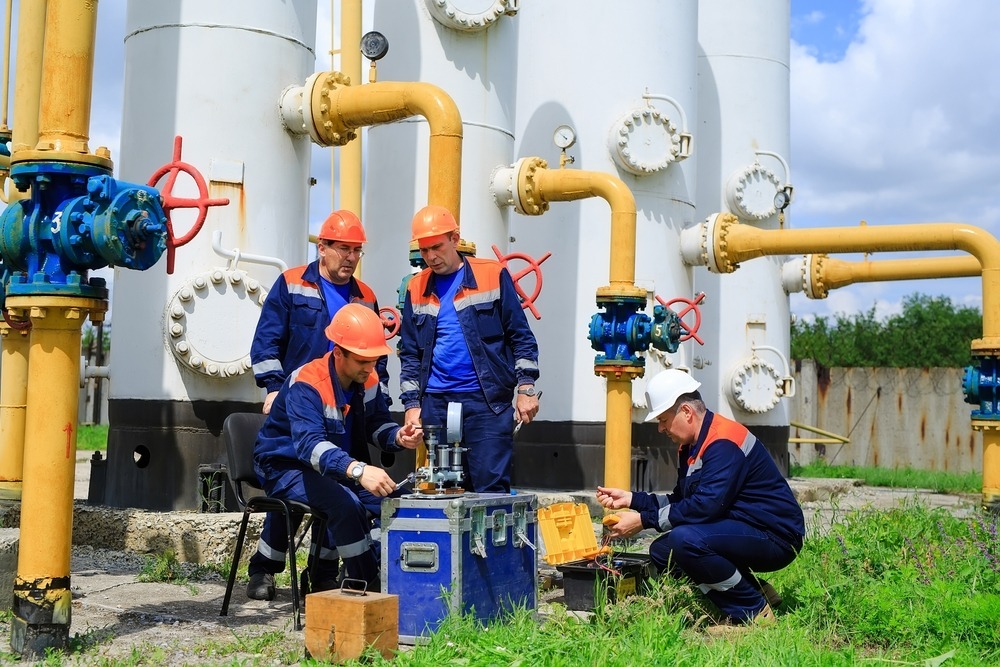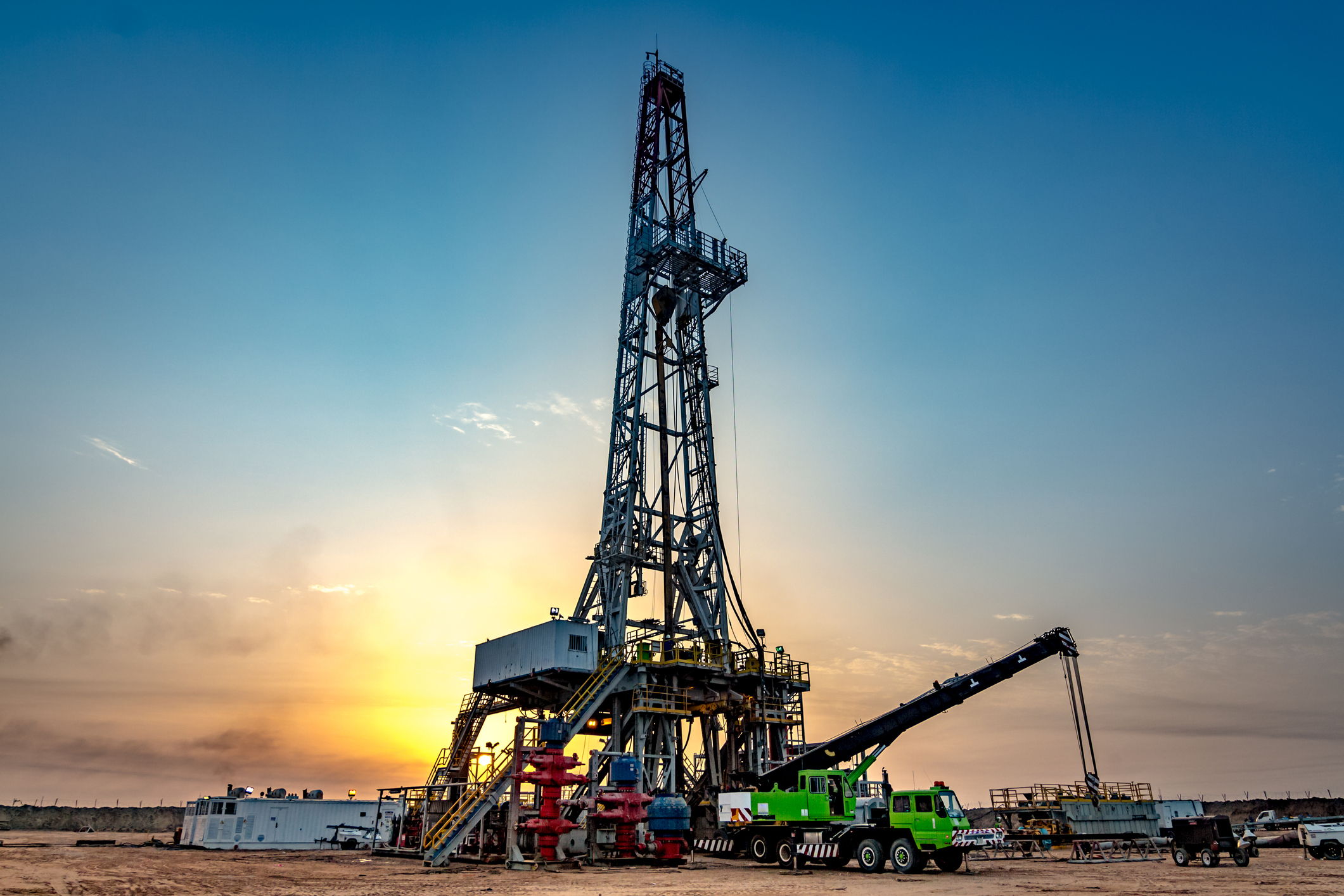Oilfield accident lawyers play a pivotal role in safeguarding the rights of individuals who have suffered injuries or lost loved ones in oilfield accidents. These specialized attorneys possess a deep understanding of the legal landscape surrounding oilfield operations and are dedicated to helping victims navigate the complexities of the legal system to obtain fair and just compensation.
Oilfield accidents often involve complex legal issues, including negligence, workers’ compensation, and third-party liability. Oilfield accident lawyers are well-versed in these areas and can provide invaluable guidance to victims as they seek to recover damages for their injuries, lost wages, medical expenses, and other losses.
Types of Oilfield Accidents: Oilfield Accident Lawyer
Oilfield accidents can occur due to various factors, including hazardous working conditions, heavy machinery, and volatile substances. These accidents can range from minor incidents to severe and life-threatening events. Understanding the different types of oilfield accidents is crucial for implementing effective safety measures and ensuring the well-being of workers.
Drilling Accidents
Drilling accidents can occur during exploration, development, or production operations. These accidents can involve equipment malfunctions, blowouts, or wellbore collapses. Blowouts occur when uncontrolled pressure from the wellbore releases hydrocarbons and other fluids into the surrounding environment, posing significant risks to workers and the ecosystem.
Wellbore collapses can trap workers underground, leading to severe injuries or fatalities.
Production Accidents
Production accidents occur during the extraction and transportation of oil and gas. These accidents can involve pipeline ruptures, equipment failures, or explosions. Pipeline ruptures can release hazardous substances into the environment, causing contamination and potential health hazards. Equipment failures can lead to fires, explosions, or other incidents that can injure or kill workers.
Transportation Accidents
Transportation accidents occur during the movement of oil and gas products by land, sea, or air. These accidents can involve truck rollovers, train derailments, or ship collisions. Transportation accidents can result in spills, fires, or explosions, posing risks to the environment, communities, and workers involved in the transportation process.
Other Accidents
Other oilfield accidents can include electrical hazards, falls from heights, or exposure to hazardous substances. Electrical hazards can arise from faulty wiring, ungrounded equipment, or contact with high-voltage lines. Falls from heights can occur during maintenance or inspection work, resulting in severe injuries or fatalities.
Exposure to hazardous substances, such as hydrogen sulfide or benzene, can cause respiratory problems, skin irritation, or other health issues if proper safety measures are not followed.
Causes of Oilfield Accidents

Oilfield accidents are a serious concern, resulting in injuries, fatalities, and substantial financial losses. Identifying the primary causes of these incidents is crucial for implementing effective prevention strategies.
Human error, equipment failure, and environmental factors are the main contributors to oilfield accidents.
Human Error
- Inadequate training and supervision
- Fatigue and exhaustion
- Lack of situational awareness
- Poor decision-making
- Communication breakdowns
Example: In 2010, an explosion at the Deepwater Horizon offshore oil rig resulted in 11 fatalities and a massive oil spill. The incident was attributed to a series of human errors, including a failure to properly monitor and control the well’s pressure.
Equipment Failure
- Defective equipment
- Lack of maintenance and inspection
- Improper installation or operation
Example: In 2013, a pipeline explosion in Alberta, Canada, resulted in the deaths of three workers. The incident was caused by a faulty weld in the pipeline, which had not been properly inspected or maintained.
Environmental Factors
- Extreme weather conditions
- Geological hazards
- Wildlife encounters
Example: In 2018, a hurricane in the Gulf of Mexico caused significant damage to oil and gas infrastructure, resulting in several accidents and oil spills.
Legal Rights of Oilfield Accident Victims
Oilfield workers who suffer injuries on the job have certain legal rights to protect their interests. These rights include the right to workers’ compensation benefits, as well as the right to pursue a third-party lawsuit in some cases.
Negligence is a legal concept that refers to the failure to take reasonable care to prevent harm to others. In the context of oilfield accidents, negligence can occur when an employer fails to provide a safe work environment, fails to properly train employees, or fails to follow proper safety procedures.
Workers’ Compensation Claims
Workers’ compensation is a system of insurance that provides benefits to workers who are injured on the job. These benefits can include medical expenses, lost wages, and disability benefits. In most cases, workers’ compensation is the exclusive remedy for employees who are injured on the job, meaning that they cannot sue their employer for damages.
Third-Party Lawsuits
In some cases, oilfield accident victims may be able to file a third-party lawsuit against a party other than their employer. This could include a manufacturer of defective equipment, a contractor who was negligent in performing work on the oilfield, or a property owner who failed to maintain a safe premises.
Role of Oilfield Accident Lawyers
Oilfield accident lawyers play a critical role in representing victims and ensuring their legal rights are protected. They possess specialized knowledge of the oil and gas industry and the legal complexities surrounding oilfield accidents. Lawyers help victims navigate the legal process, maximize their compensation, and hold negligent parties accountable.
How Lawyers Help Victims, Oilfield accident lawyer
Oilfield accident lawyers provide comprehensive legal services to victims, including:
- Investigating the accident to determine the cause and identify liable parties.
- Gathering evidence, such as medical records, witness statements, and industry regulations.
- Negotiating with insurance companies and representing victims in court.
- Maximizing compensation for damages, including medical expenses, lost wages, and pain and suffering.
- Ensuring victims receive fair treatment and protect their rights throughout the legal process.
Choosing an Oilfield Accident Lawyer
Choosing the right oilfield accident lawyer is crucial to maximizing your compensation and protecting your rights. Consider the following factors when making your decision:
Experience and Reputation
- Look for lawyers with a proven track record of success in handling oilfield accident cases.
- Check online reviews and testimonials from past clients to assess their satisfaction.
- Consider the lawyer’s experience with the specific type of accident you suffered.
Communication Skills
Your lawyer should be able to communicate clearly and effectively with you throughout the process. They should keep you informed of your case’s progress and be responsive to your questions and concerns.
Tips for Finding and Interviewing Lawyers
- Ask for referrals from friends, family, or colleagues who have worked with oilfield accident lawyers.
- Attend industry events or seminars where you can meet potential lawyers.
- Schedule consultations with several lawyers to compare their experience, reputation, and communication style.
Compensation for Oilfield Accident Victims

Oilfield accidents can result in severe injuries and financial hardship for victims. Fortunately, they may be entitled to compensation for their losses. The types and amount of compensation available depend on various factors.
Compensation for oilfield accident victims generally falls into two categories: economic and non-economic damages.
Economic Damages
- Medical expenses:Past and future medical costs related to the accident, including hospitalization, surgeries, rehabilitation, and medication.
- Lost wages:Income lost due to the inability to work because of the injuries.
- Loss of earning capacity:Compensation for the reduced earning potential due to permanent disabilities.
- Property damage:Reimbursement for damaged or destroyed personal property, such as vehicles or equipment.
Non-Economic Damages
- Pain and suffering:Compensation for the physical and emotional pain endured as a result of the accident.
- Mental anguish:Distress, anxiety, or depression caused by the accident.
- Loss of enjoyment of life:Compensation for the diminished quality of life due to the injuries.
- Disfigurement:Damages for permanent scarring or other physical alterations.
The amount of compensation awarded in oilfield accident cases varies depending on the severity of the injuries, the extent of lost wages, and other factors. Settlements and jury verdicts can range from hundreds of thousands of dollars to millions of dollars, depending on the specific circumstances.
Preventing Oilfield Accidents

Preventing oilfield accidents requires a comprehensive approach that involves industry best practices, safety protocols, training, equipment maintenance, and reporting and investigating near-miss incidents.
Industry Best Practices
The oil and gas industry has developed a set of best practices to prevent accidents. These practices include:
- Establishing and enforcing safety regulations
- Providing comprehensive training to employees
- Maintaining equipment in good working order
- Conducting regular safety inspections
- Implementing incident reporting and investigation systems
Safety Protocols
Safety protocols are essential for preventing oilfield accidents. These protocols should cover all aspects of oilfield operations, including:
- Drilling and production
- Transportation and storage
- Maintenance and repair
- Emergency response
Training
Proper training is essential for preventing oilfield accidents. Employees should be trained on all aspects of their job, including:
- Safety regulations
- Operating procedures
- Emergency response procedures
Equipment Maintenance
Equipment maintenance is essential for preventing oilfield accidents. Equipment should be inspected regularly and maintained in good working order. This includes:
- Inspecting equipment for damage or wear
- Performing regular maintenance tasks
- Replacing worn or damaged parts
Reporting and Investigating Near-Miss Incidents
Reporting and investigating near-miss incidents is essential for preventing oilfield accidents. Near-miss incidents are events that could have resulted in an accident. By reporting and investigating near-miss incidents, companies can identify potential hazards and take steps to prevent them from causing an accident.
Resources for Oilfield Accident Victims

Oilfield accidents can have devastating consequences, both physically and financially. Victims of these accidents may face a long and difficult road to recovery, and they may need assistance to cope with the challenges they face. Fortunately, there are a number of resources available to help oilfield accident victims.
These resources can provide victims with financial assistance, medical care, counseling, and other support services. They can also help victims to connect with other people who have been through similar experiences.
Organizations
- The National Oilfield Accident Response Team (NOART) is a non-profit organization that provides assistance to oilfield accident victims. NOART can provide financial assistance, medical care, counseling, and other support services.
- The Oilfield Safety Institute (OSI) is a non-profit organization that provides training and resources to help prevent oilfield accidents. OSI also provides support to oilfield accident victims and their families.
- The United Steelworkers (USW) is a labor union that represents oilfield workers. The USW provides a variety of services to its members, including legal assistance, financial assistance, and counseling.
Government Agencies
- The Occupational Safety and Health Administration (OSHA) is a federal agency that regulates workplace safety. OSHA investigates oilfield accidents and can issue citations and fines to employers who violate safety regulations.
- The National Institute for Occupational Safety and Health (NIOSH) is a federal agency that conducts research on workplace safety. NIOSH has conducted a number of studies on oilfield accidents and has developed recommendations to help prevent these accidents.
- The Social Security Administration (SSA) provides Social Security disability benefits to oilfield accident victims who are unable to work due to their injuries.
Support Groups
- The Oilfield Accident Survivors Network (OASN) is a support group for oilfield accident victims. OASN provides a forum for victims to share their experiences and to get support from others who have been through similar situations.
- The National Organization for Victims of Oilfield Accidents (NOVOA) is a support group for oilfield accident victims and their families. NOVOA provides a variety of services, including legal assistance, financial assistance, and counseling.
These are just a few of the resources available to oilfield accident victims. If you have been injured in an oilfield accident, please reach out to one of these organizations for help.
Closure
Choosing the right oilfield accident lawyer is crucial for maximizing your chances of a successful outcome. Look for an attorney with a proven track record of success in handling oilfield accident cases, a strong reputation for integrity and professionalism, and a commitment to personalized representation.
With the right legal counsel, you can increase your chances of obtaining the compensation you deserve and holding negligent parties accountable for their actions.